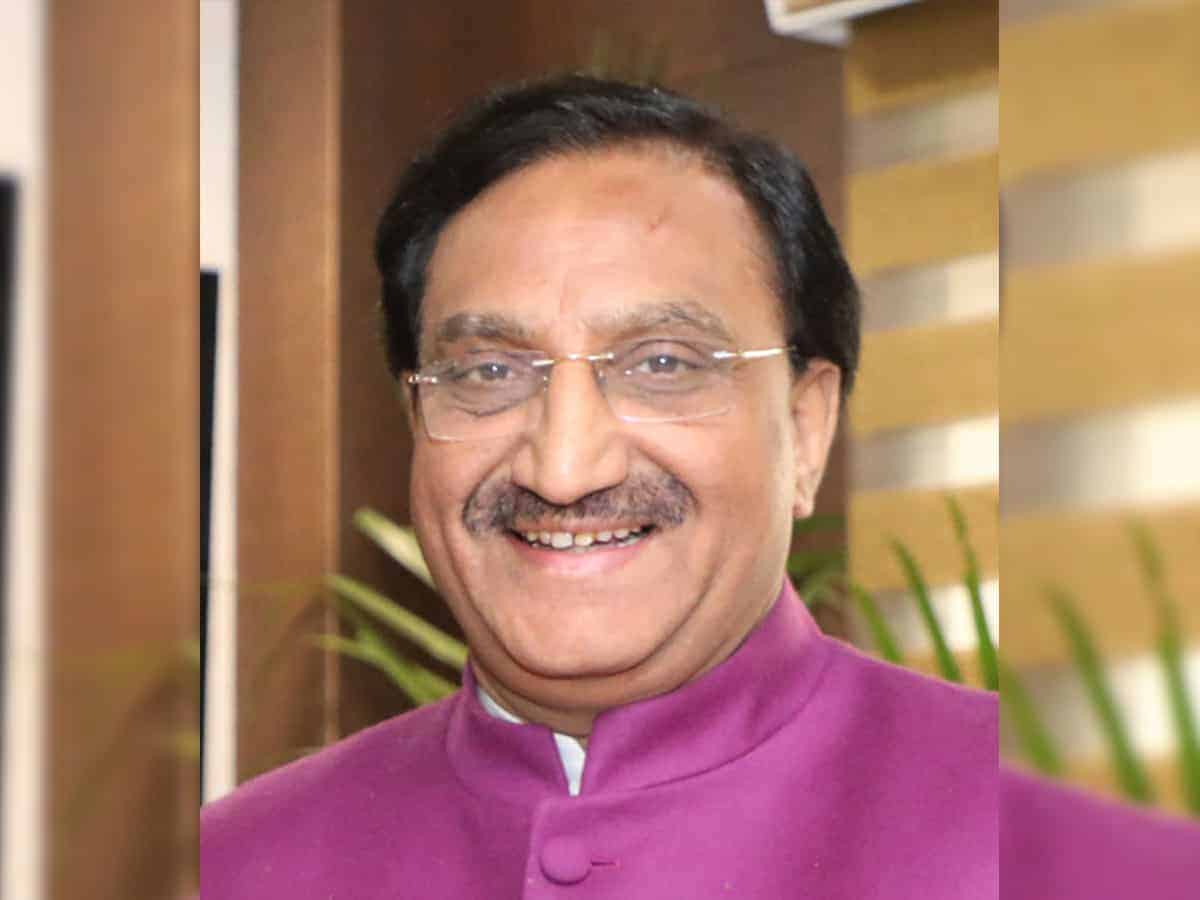
In its six years of rule, the BJP-led government at the Center has been criticized and also appreciated for its various policies, schemes and “bold steps” such as demonetization, GST roll out and scrapping of Article 370 among others. Likewise, the recently released New Education Policy 2020 has received mixed reactions. Few have liked the policy as it provides for instruction in native languages, while others have said that the use of native languages is detrimental for higher education.
Moreover, the National Education Policy was released without any discussion in the Parliament and so it was criticized for being decided on and issued unilaterally. However, there is more to it. When we look at the education set-up that has evolved in India after Modi government came to power, we see that there has been some significant changes made without consulting and involving States.
We have heard of booth-capturing in elections. Now, when we evaluate the evolving education set-up in India, we can truly say that there has been deliberate attempt by the Centre to capture the Education system. The fact that the Constitution has envisaged Education in Concurrent list is still to be realized to its full provision and in its true sense.
At first, the Indian Constitution, in its original enactment, defined education as State subject. Later, under Article 42 of the Constitution, an amendment was added in 1976 and education became a Concurrent List subject, which enables the Union government to legislate it in the manner suited to it. The Concurrent List or List 3 is a list of 52 items (though the last item is numbered 47) given in the Seventh Schedule to the Constitution of India. This means that both the Center and the States have equal opportunity of legislating over any matter included in the Concurrent list. It includes the power to be considered by both the Union and State governments.
However, if any provision of a law made by the legislature of the State is repugnant to any provision of a law which the Parliament is competent to enact, or to any provision of an existing law with respect to one of the matters enumerated in the Concurrent List, then the law made by Parliament, whether passed before or after the law made by the Legislature of such State, or, as the case may be, the existing law, shall prevail and the law made by the Legislature of the State shall, to the extent of the repugnancy, be void.
And this is what the Constitution states and now interpreting it, we can say that the items in the Concurrent list, irrespective of whose law prevails, need involvement of the both the States and the Center. This, the present Union government has failed to implement.
Education under Congress rule
For us to know the evolution of education in India, it is important to first see what it was under the Congress rule and under subsequent governments. “There is no partnership between the Centre and States. Solutions are needed quickly,” Kapil Sibal had said in 2009 as HRD Minister of then UPA government. Education is a subject which touches every person, every family and every institution in this country. So, any reform in the education sector naturally evokes a lot of emotion, because it impacts everybody’s life. Since it is such a sensitive subject, any reform of the education process must be handled with great sensitivity and care.
Education came into the Concurrent List way back in 1976.There was a general feeling that those delivery systems were not working and by bringing education in the Concurrent List in 1976, the Union Government became, in a sense, a permanent partner of State governments in seeking to make that delivery process more efficient.Therefore, we need a partnership with all State governments to move forward together. It is time for us to evolve a national strategy. So education system was realized to be fully a burden on both the States and the Center.
How BJP is controlling education
Starting from 2014, the National Eligibility cum Entrance Test (Under-graduate) (or NEET (UG), formerly the All India Pre Medical Test, is an entrance examination for students who wish to study under-graduate medical courses (MBBS) and dental courses in government or private medical and dental colleges in India.The under-graduate NEET (UG), for MBBS and BDS courses, is currently conducted by the National Testing Agency (NTA), which provides the results to the Directorate General of Health Services at the Ministry of Health and Family Welfare. Prior to 2019, the test was conducted by the CBSE.
The Higher Education Commission of India (HECI) will act as a single regulator for higher education (barring medical and law colleges). Furthermore, the most controversial decision in the realm of higher education was the selection ‘Institutions of Eminence.’ In the 2016-17 Union Budget, the government announced it would select 20 institutions, 10 each in the public and private sector, which would get funds and greater administrative autonomy to achieve top-500 positions in international university rankings. There are fresh proposals for more integration and centralised regulation.
A nation-wide debate should take place on all the matters enumerated in the Concurrent list while legislating. Even the bills in the Union list are to be passed in both the Houses – Lok Sabha and Rajya Sabha. The States are represented in Rajya Sabha and thus the States have their say in the union laws which are scrutinized and passed by the Lok Sabha. The Union government can only do justice to the federal structure of India; otherwise it remains only in the Constitution.
The Union government should understand that Education is of national importance as it produces the future citizens of India and that all the stake holders governing it need to have their views in shaping the education policy. Decisions about the conclusion of academic term, the modalities for evaluation and the conduct of the teaching-learning process have become exclusive government prerogatives during Covid-19and not the various academic bodies that were established for it.
Fatima Hasan is a Hyderabad based journalist

